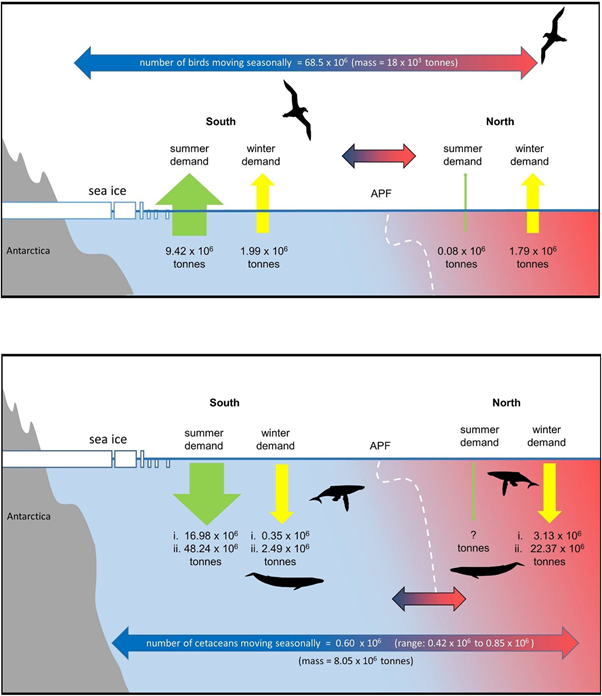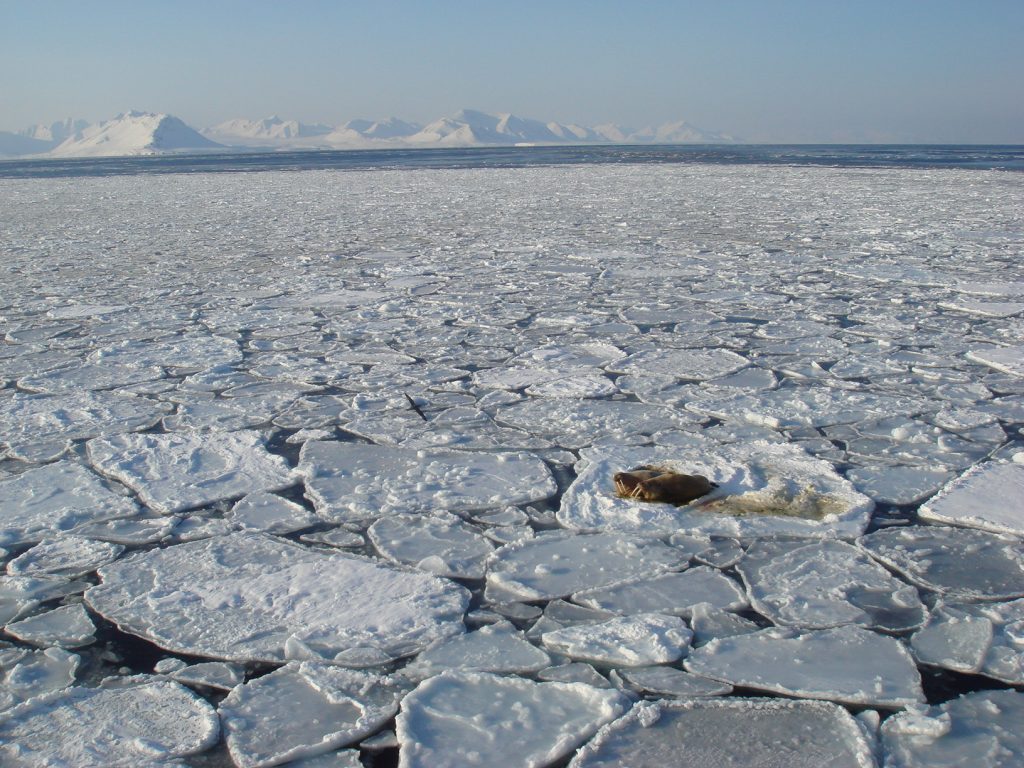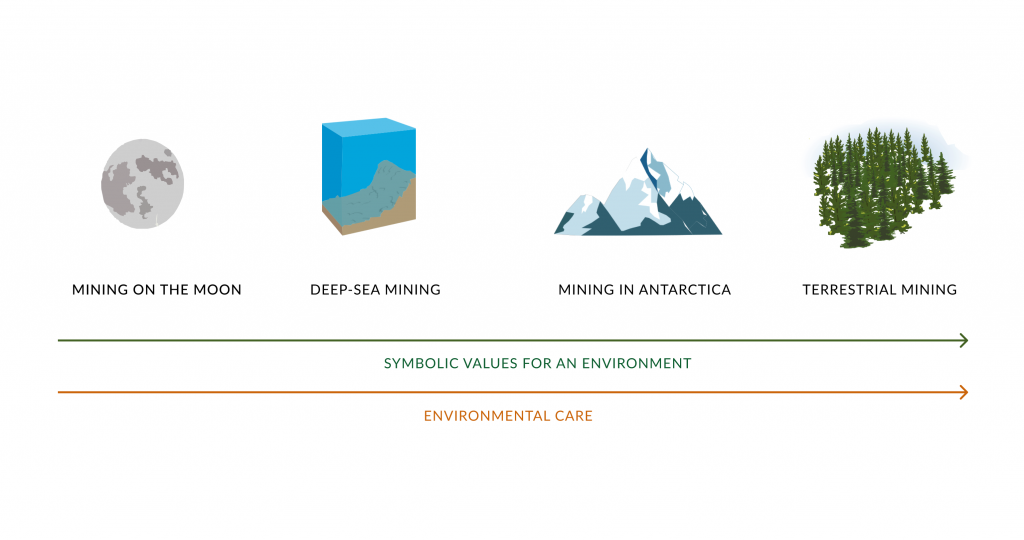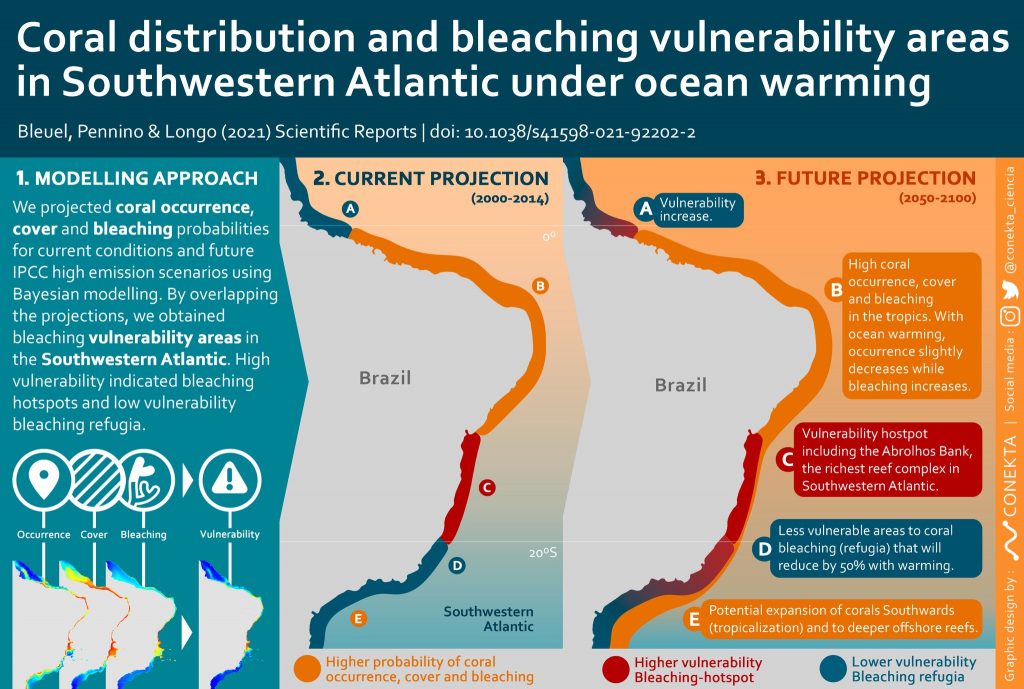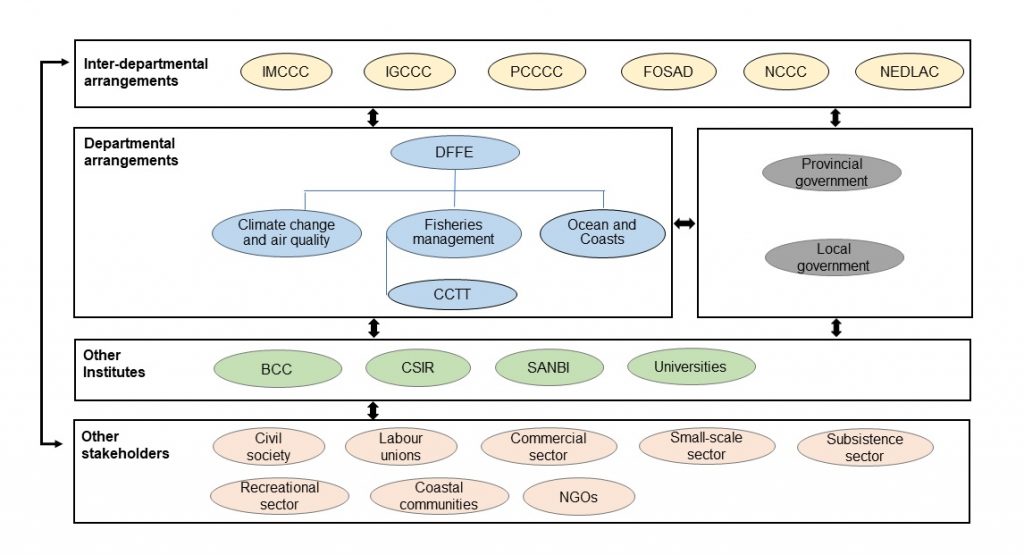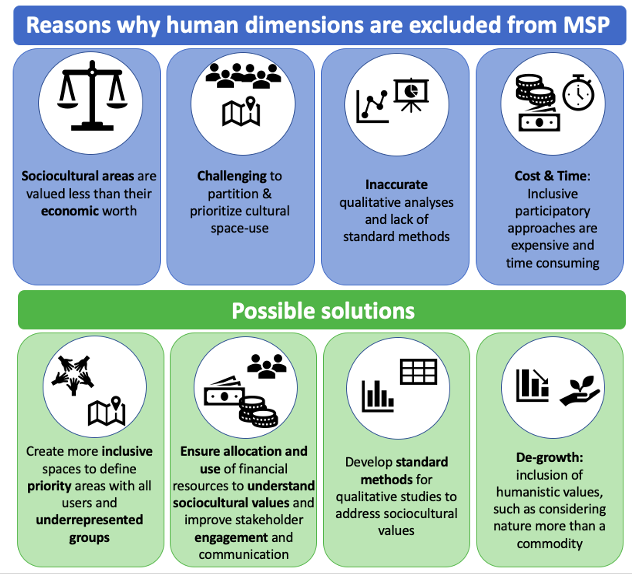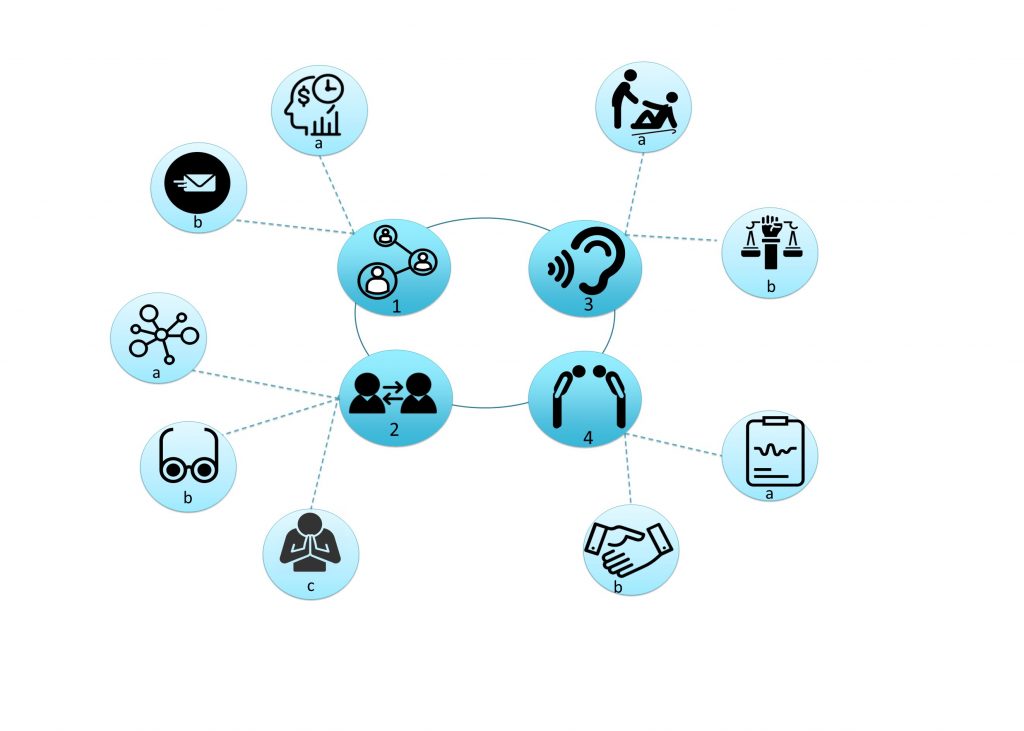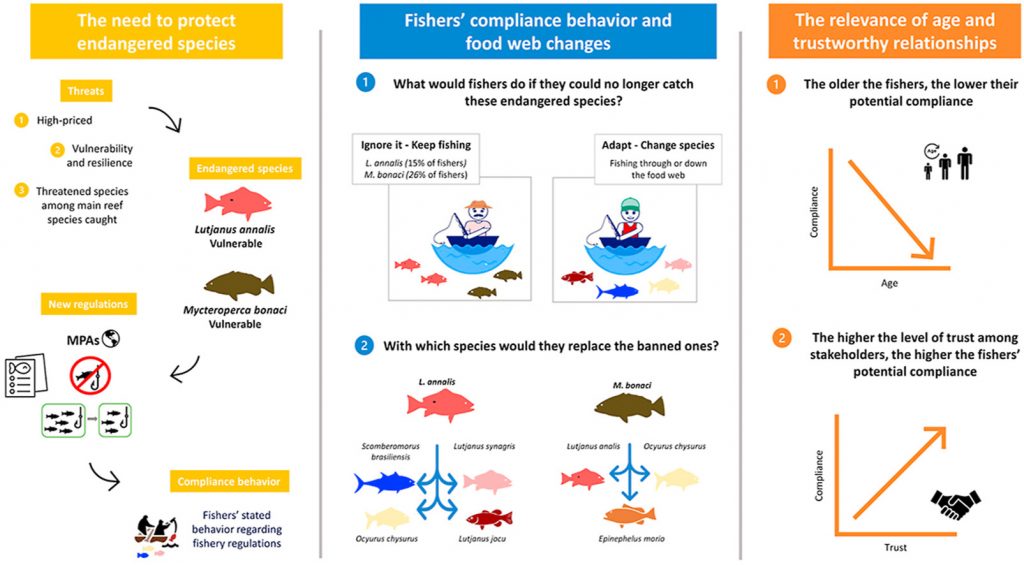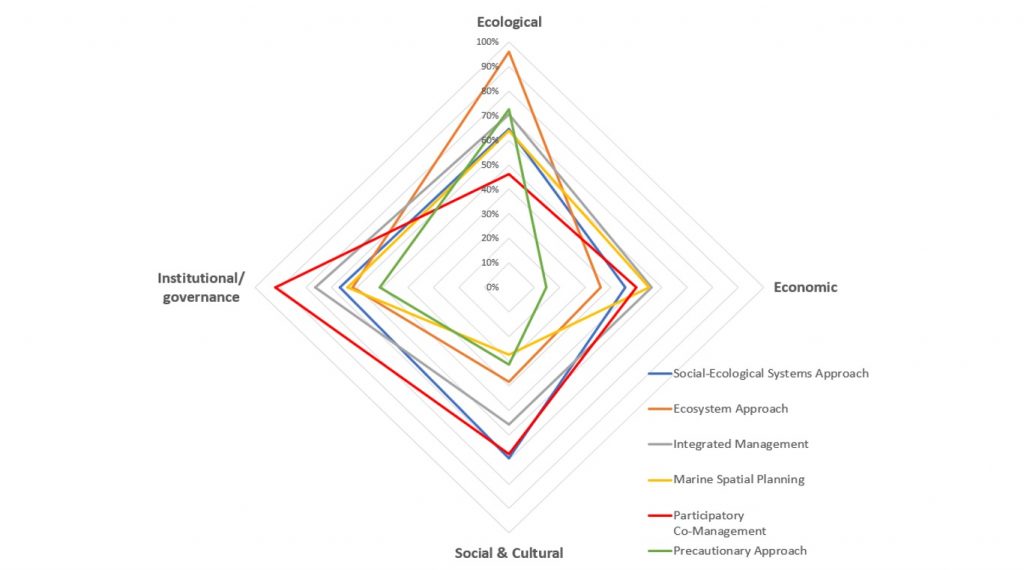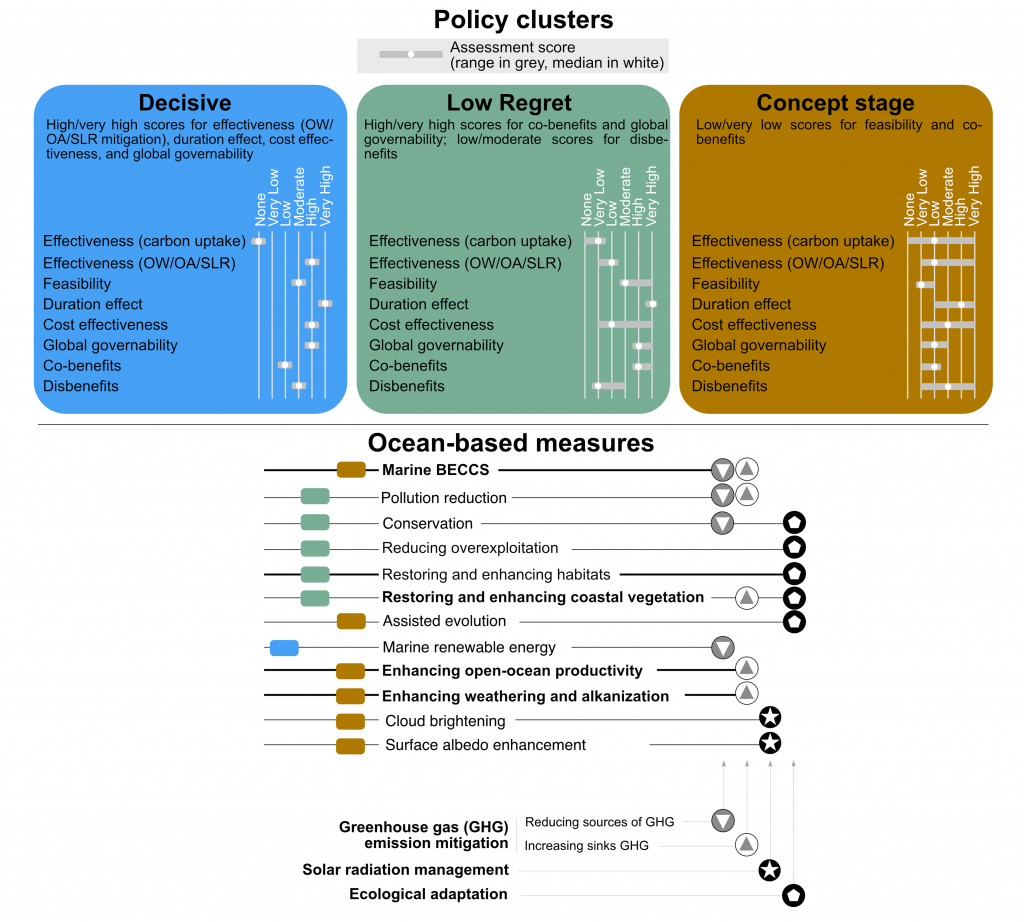Global Connectivity of Southern Ocean Ecosystems
Southern Ocean ecosystems are often seen as largely separate from the rest of the global system. In this paper, we consider the degree of ecological connectivity at different trophic levels, linking Southern Ocean ecosystems with the global ocean, and their importance not only for the regional ecosystem but also the wider Earth system. We find…
